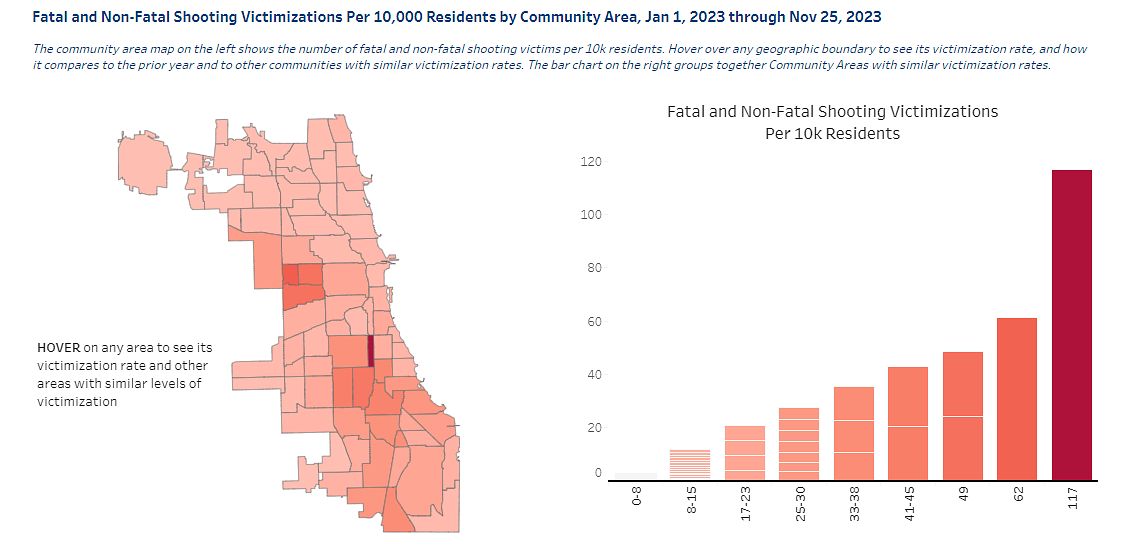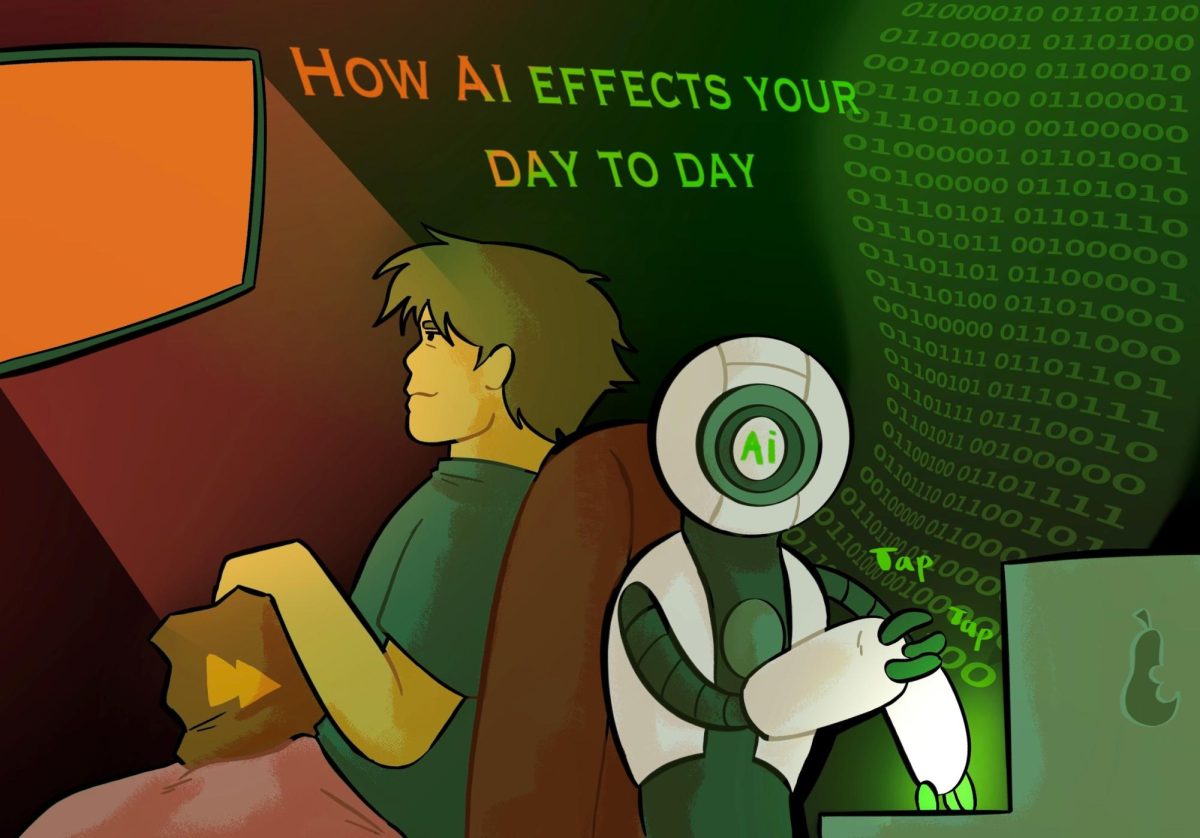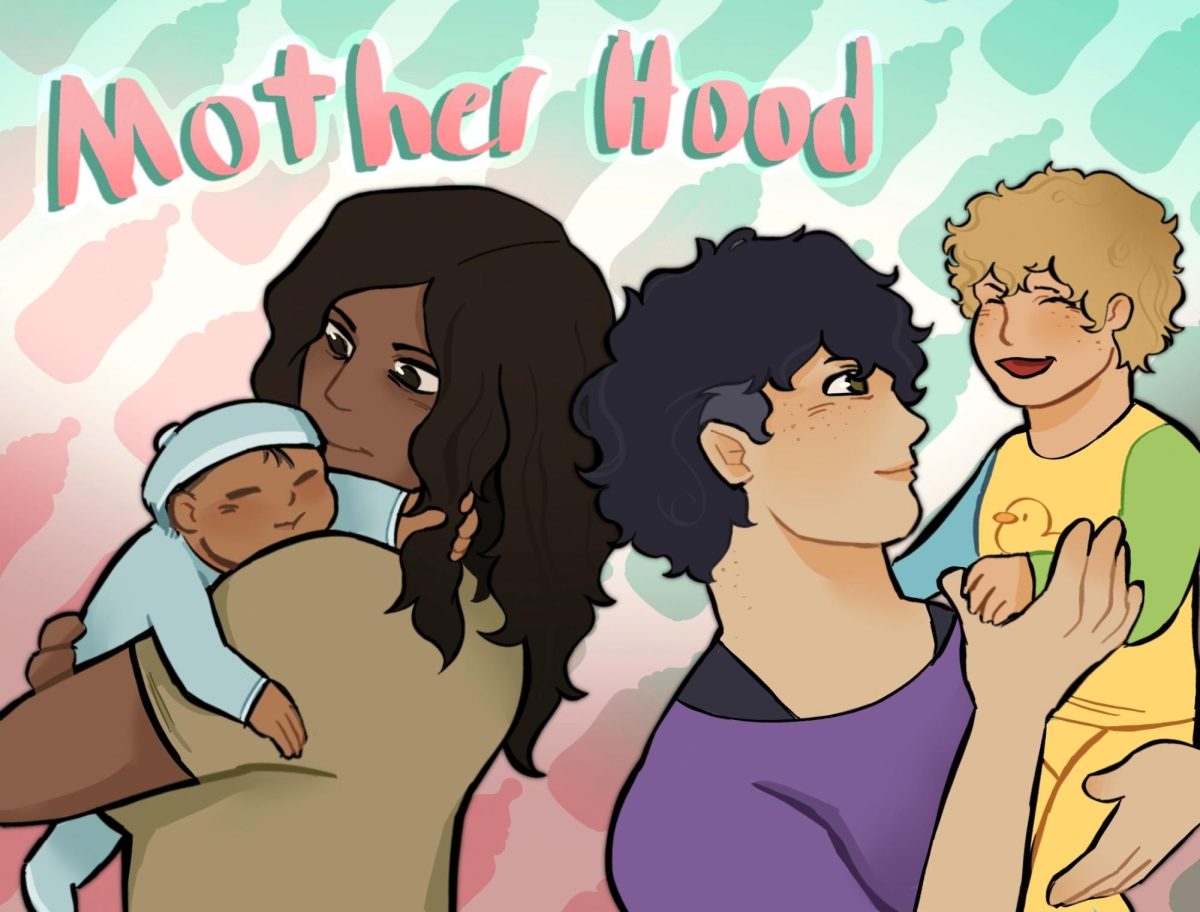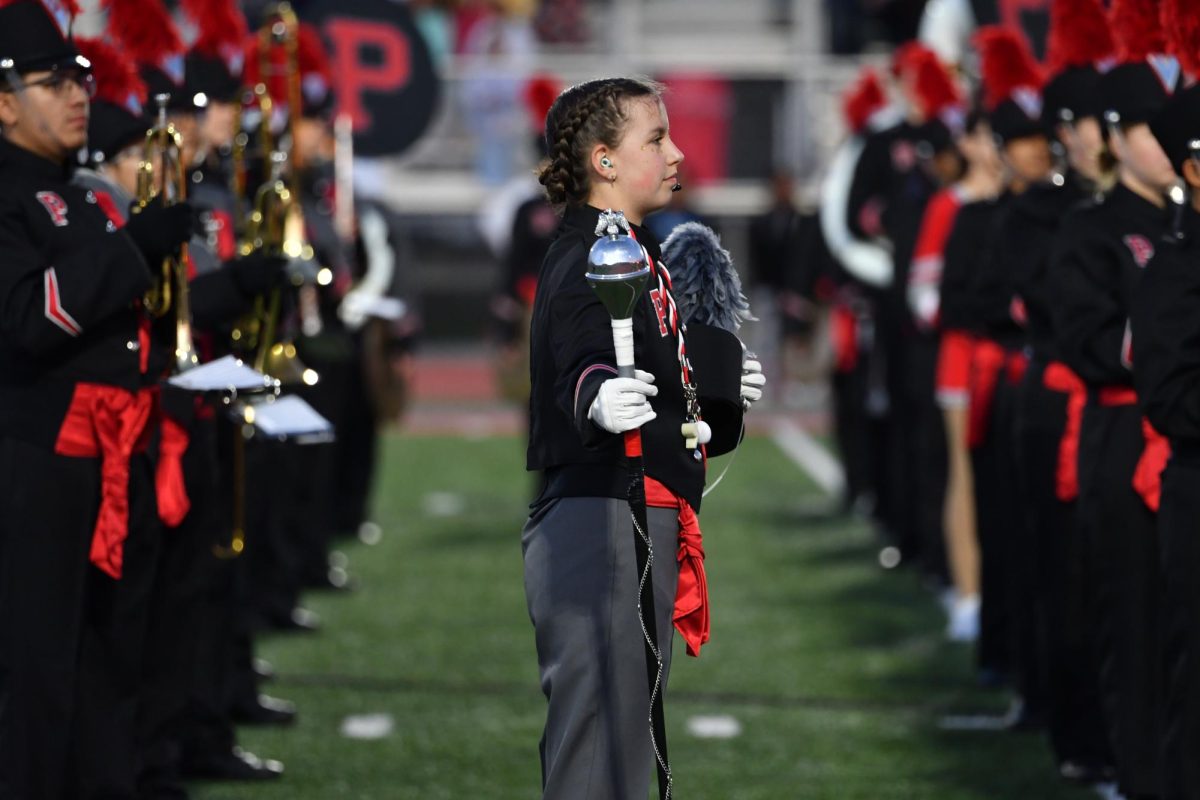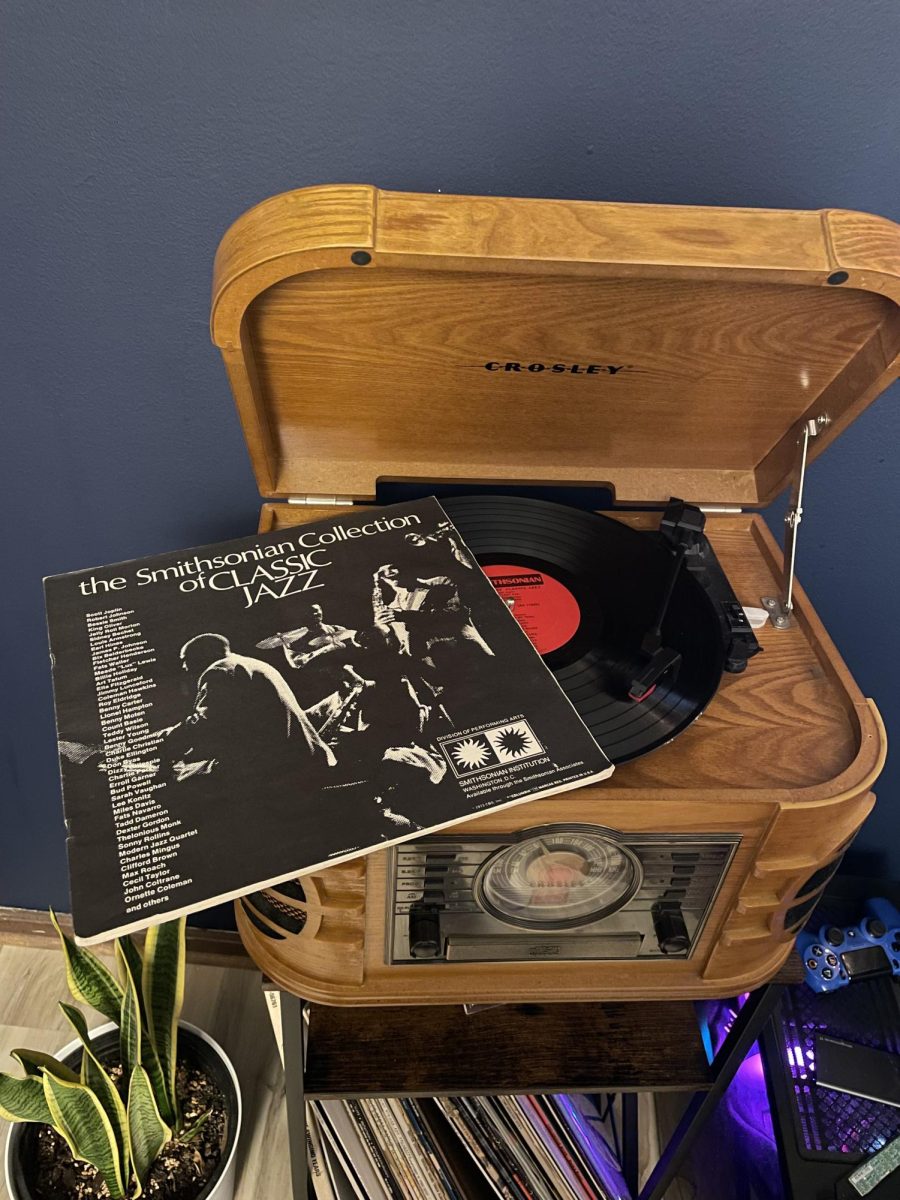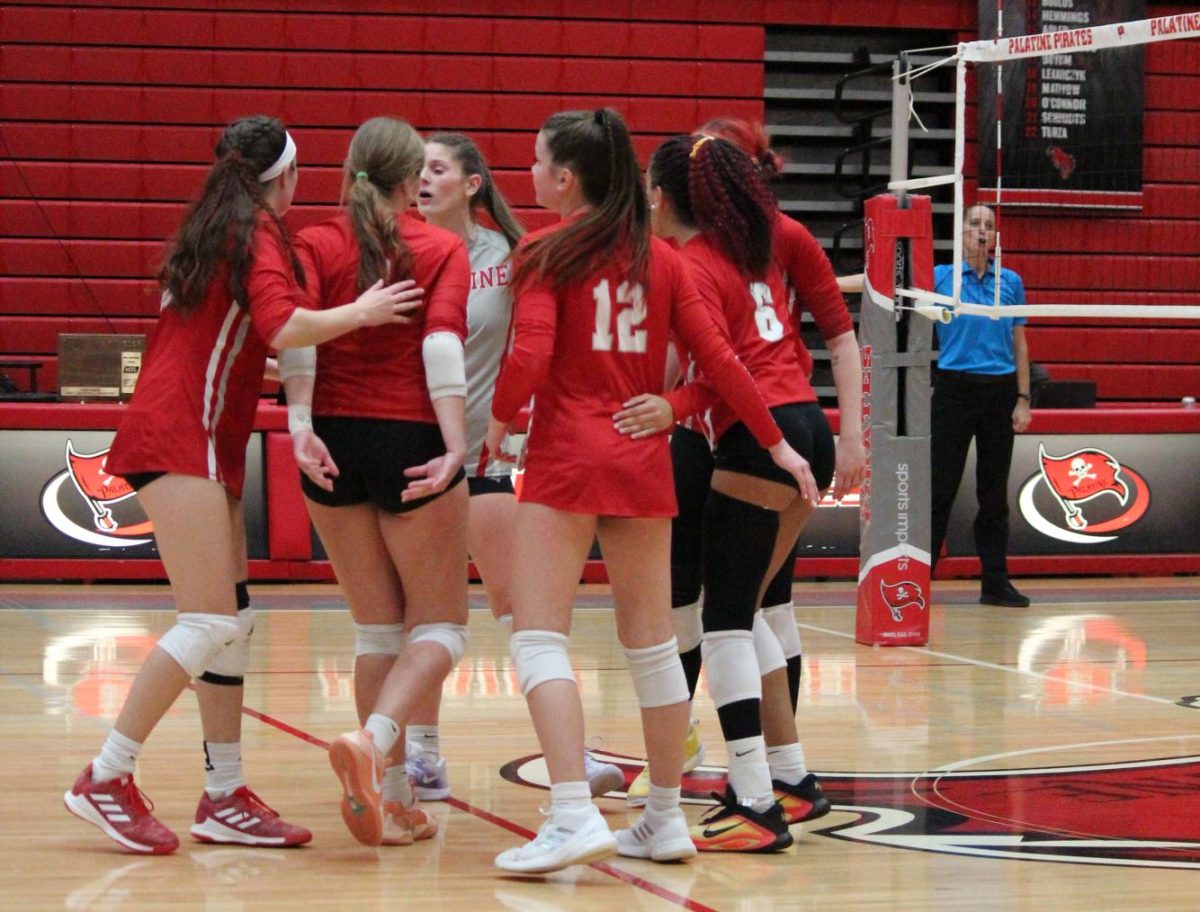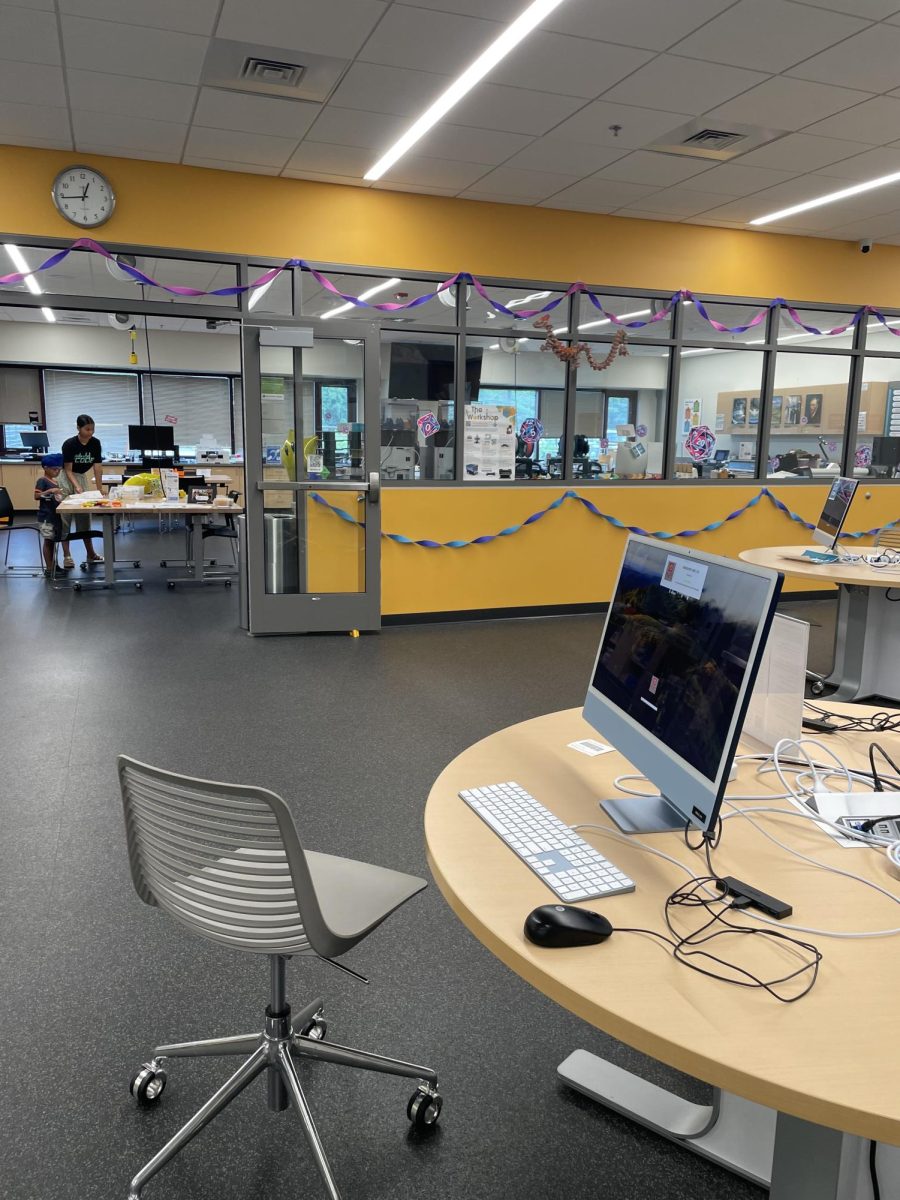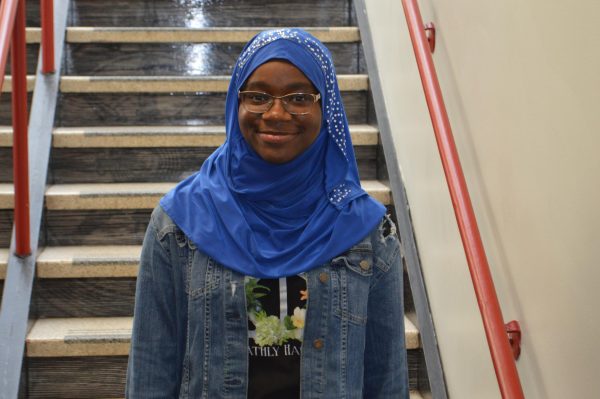What determines your destiny? Genetics? Neighborhood? Your parents? Why does where you live impact your quality of education and the impact of exposure to violence?
Research compiled by Harvard’s Opportunity Atlas project integrated data with the Project on Human Development in Chicago Neighborhoods. Data shows that poor Black male children exposed to harsh environments have higher chances of being incarcerated in adulthood and having a smaller income.
Jada, a third grader on a WEBZ Chicago podcast, previously attended a school that met five of the 24 educational goals but moved to a new school that meets all 24 educational goals. She noticed the difference in abundance of resources such as computers and highly motivated teachers.
Such inequality is seen because schools, specifically in Illinois, are funded by property taxes – meaning wealthier areas pay higher taxes than the poorer ones. Thus resulting in the quality of one’s education being funded by taxes from neighborhoods.
This inequality could be traced back to the 1930’s, when property values in black and integrated neighborhoods were depreciating as the government deemed them as “less valuable”. This is known as redlining, segregating the valuable from less valuable neighborhoods.
Many banks denied mortgages to people based on the government’s value system, mostly people of color in urban areas, preventing them from buying a home in more desirable neighborhoods.
While the 1968 Fair Housing Act prohibited the bank from denying mortgages based on one’s race, the effects are still prominent.
“Black families have lost out on at least $212,000 in personal wealth over the last 40 years because their homes were redlined,” CBS News BROOKS said.
Just like that, wealth that could have eliminated poverty faced by these neighborhoods and gone towards investments in valuable properties and gaining better employment opportunities has been lost.
“Most people living in poverty focus on basic needs,” psychology teacher Lisa Vosburgh said.
This phenomenon known as the Hierarchy of Needs explains why these children are rude to others – as basic survival and security needs like food and safe housing are not fully met, it makes it difficult for them to love and belong.
“Their parents usually do not have time to talk about emotions and skills needed in life as they are trying to make ends meet,” school psychologist Eric Smith said. “These students don’t know how to handle adversity.”
Since their parents don’t talk to them about these emotions as they are often busy making ends meet, these students are usually left to figure it out themselves with their less developed brains taking charge, often driving students to do dangerous or rude things to survive and protect themselves.
The development is further hindered if people are growing up in households with violence and drugs. Without a properly developed brain, they lack emotional intelligence that tells them if things are right or not, which is why Black male children tend to have a higher chance of incarceration if exposed to harsh environments. Once they have a criminal record, their opportunities for higher-income jobs become limited.
I call upon the Illinois Assembly, and Illinois’s governor, JB Pritzker to eliminate the mindset that integrated neighborhoods are less valuable. They will remain less valuable if the property taxes, made less impactful, are the only source of funds.
The government should create an organization responsible for providing more sources of funds to these neighborhoods. Funding would ensure the security of the first and second levels in the Hierarchy of Needs, such as food and employment security. Then state income and sales taxes would be invested in “bad” schools ensuring that every kid has access to great educational opportunities.



